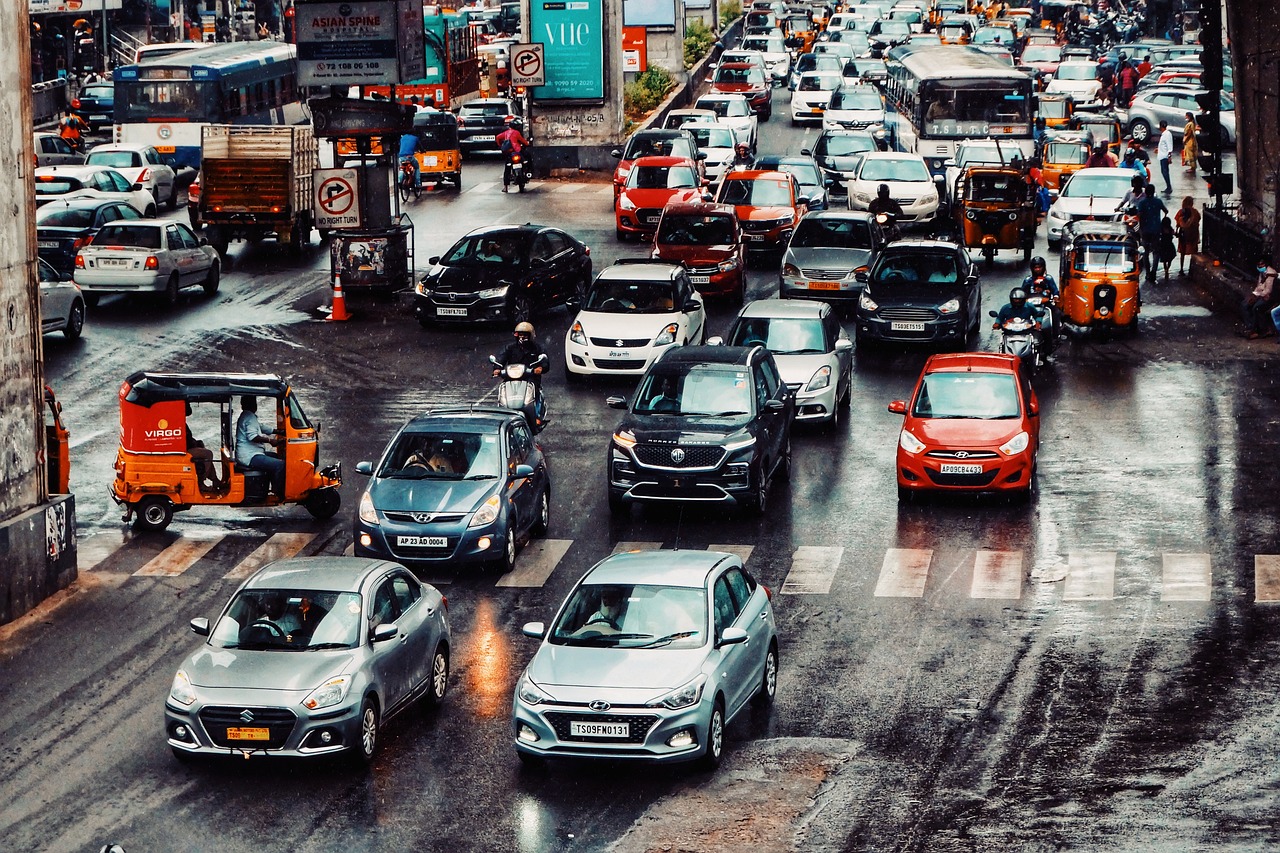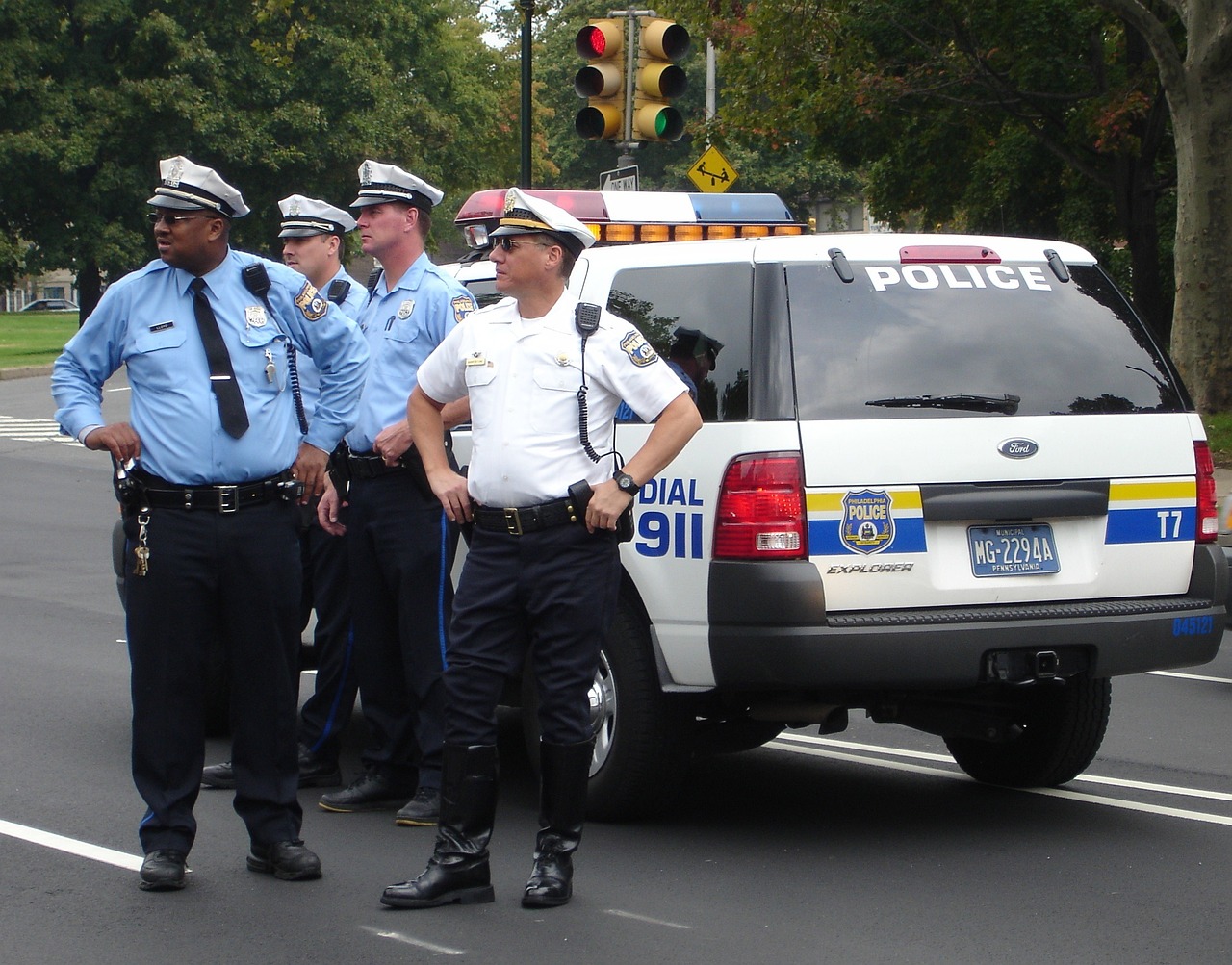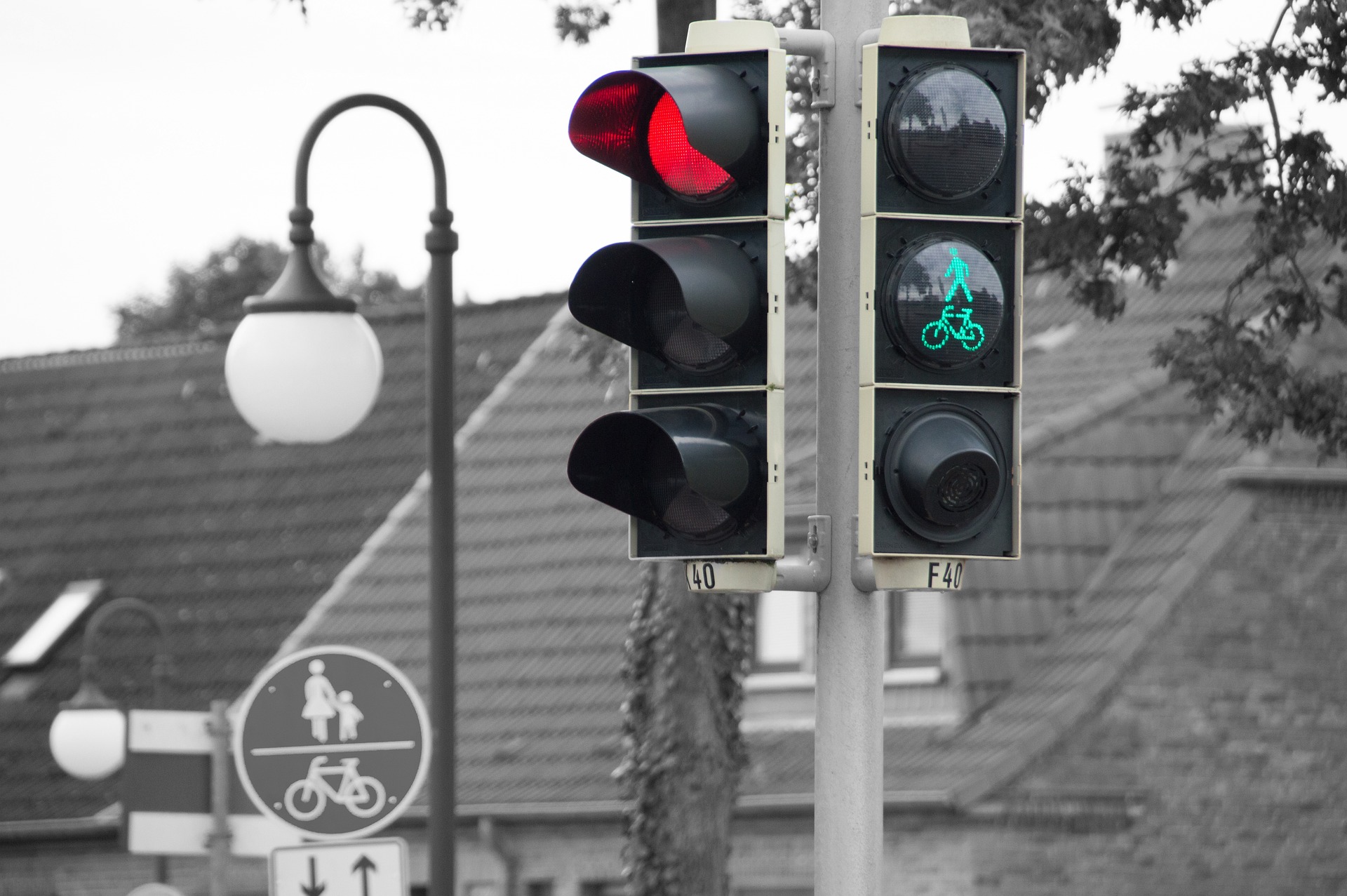Embracing Traffic Laws: A Call for Civic Responsibility in India
As a thriving democratic society, India is a vibrant blend of cultures, traditions, and people. Yet, it’s a nation that often finds itself wrestling with issues of civic responsibility, particularly when it comes to obeying traffic laws. This issue is crucial, as road safety impacts the lives of millions every day. The time has come for India to prioritize and diligently adhere to traffic rules, not only to protect lives but to promote a more organized and responsible society.
The High Cost of Disregard
India reports one of the highest numbers of road traffic accidents globally. According to a 2019 report by the Ministry of Road Transport and Highways, India witnesses about 151,113 fatalities annually due to road accidents, with one serious road accident occurring every minute and one death every 4 minutes. This high rate can be attributed, in part, to disregard for traffic laws, leading to rash driving, speeding, not wearing helmets, and jumping traffic signals, among others.
The Impact on the Society
Ignoring traffic laws not only jeopardizes safety, but also disrupts the flow of traffic, leading to inefficiencies and chaos on the roads. It induces stress and hostility among road users, breeding a culture of impatience and disrespect for rules. The cost to the economy is also substantial, with huge sums spent on health care for accident victims, traffic congestion, and loss of productive time.
Civic Responsibility in a Democratic Society
As a democratic society, India prides itself on its citizens’ rights and freedoms. However, with these rights come responsibilities. Adhering to traffic rules is a civic duty that ensures the common good of all. It shows respect for other road users, protecting not only one’s life but the lives of others. In a diverse and populous country like India, where the roads are shared by different users – from pedestrians, cyclists, and two-wheelers to cars, trucks, and buses – respecting traffic rules becomes even more critical.
The Role of Enforcement and Education
Strict enforcement of traffic laws is crucial. However, punitive measures alone are not the solution. There needs to be a paradigm shift in the way Indian society perceives traffic rules. This change can be brought about through comprehensive education about the importance of obeying traffic laws and the consequences of disregarding them.
Schools can incorporate traffic education in their curriculum, and driver training programs need to emphasize the significance of traffic rules. Moreover, public campaigns and celebrity endorsements can also play a vital role in influencing public behavior toward more responsible road usage.
A democratic civic society like India must rise to the challenge of obeying traffic laws for the benefit of all its citizens. It’s high time that every Indian driver, rider, and pedestrian recognizes the importance of traffic rules and adheres to them diligently. This shift in attitude and behavior will not only save lives but also help cultivate a more responsible and respectful society.
Let us remember, the strength of a democracy does not lie only in the rights it confers upon its citizens, but also in the responsibilities it places upon them. Adhering to traffic laws is one such responsibility that we must all embrace for a safer and more harmonious India.
Image by Shiva Reddy from Pixabay



